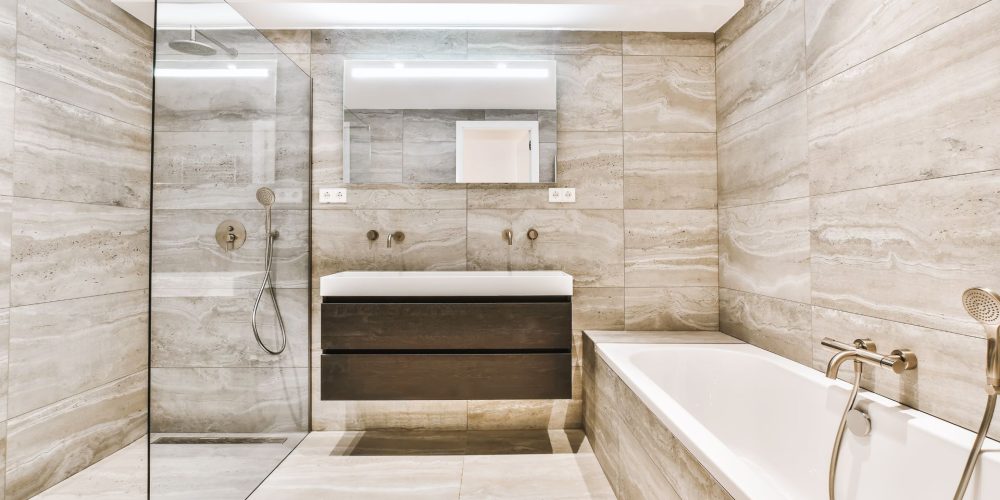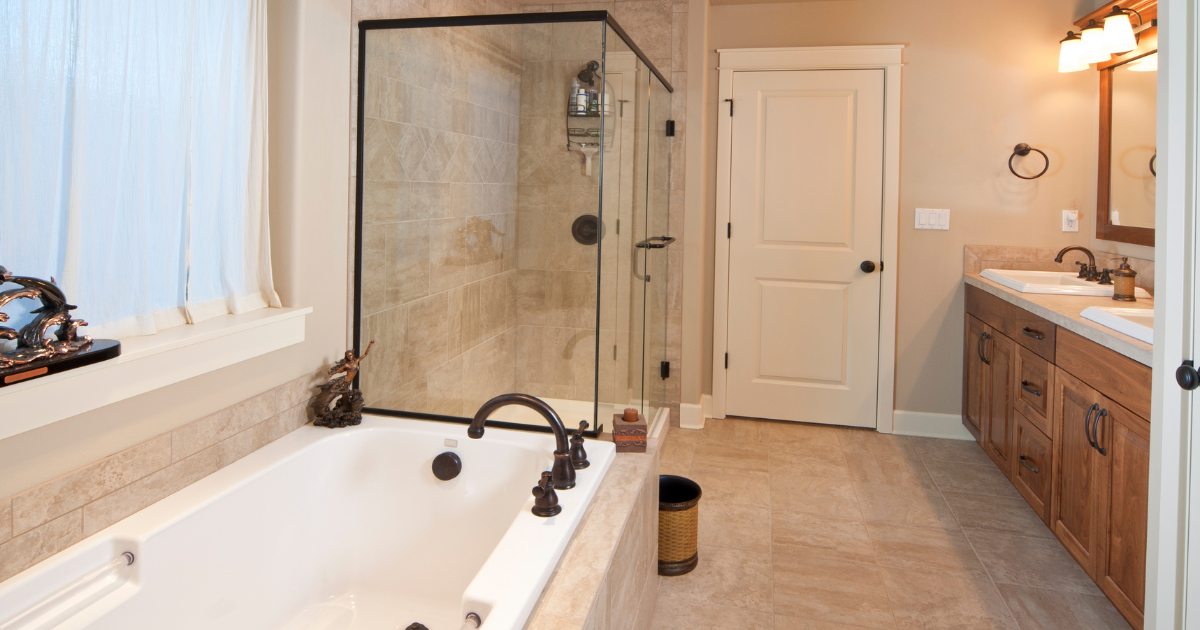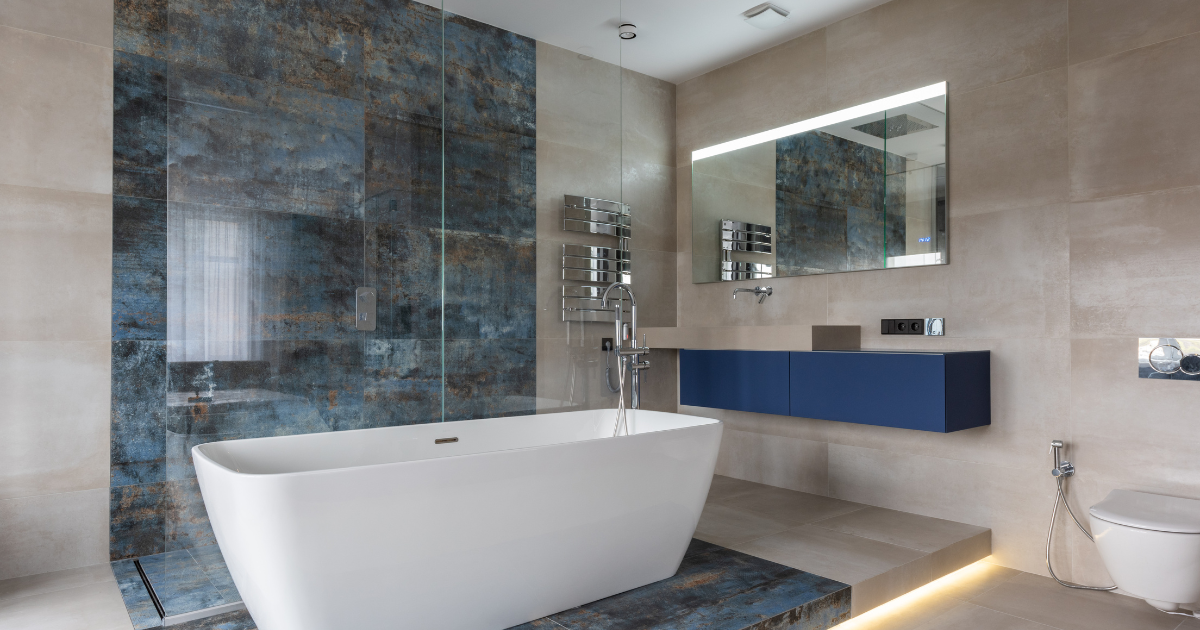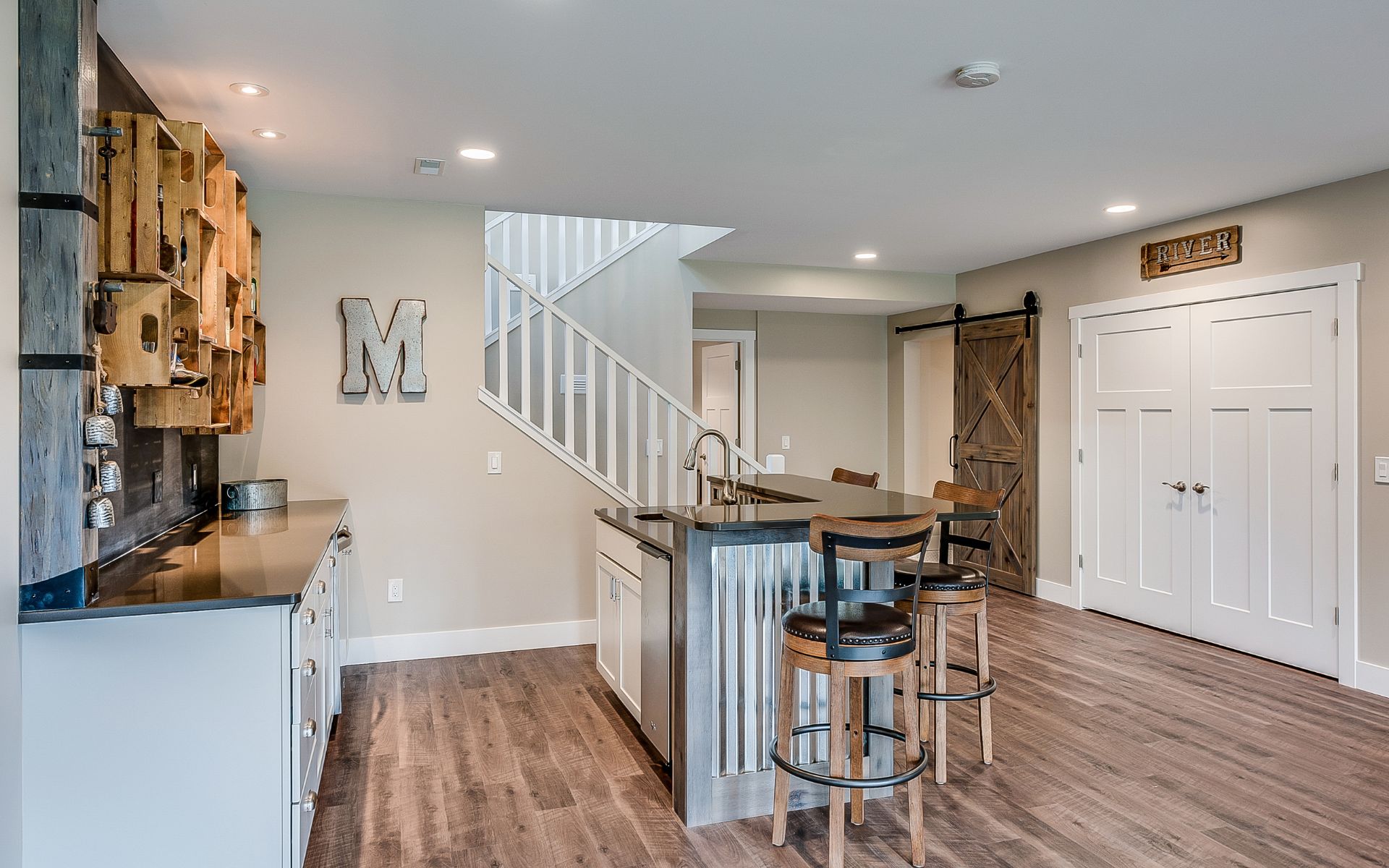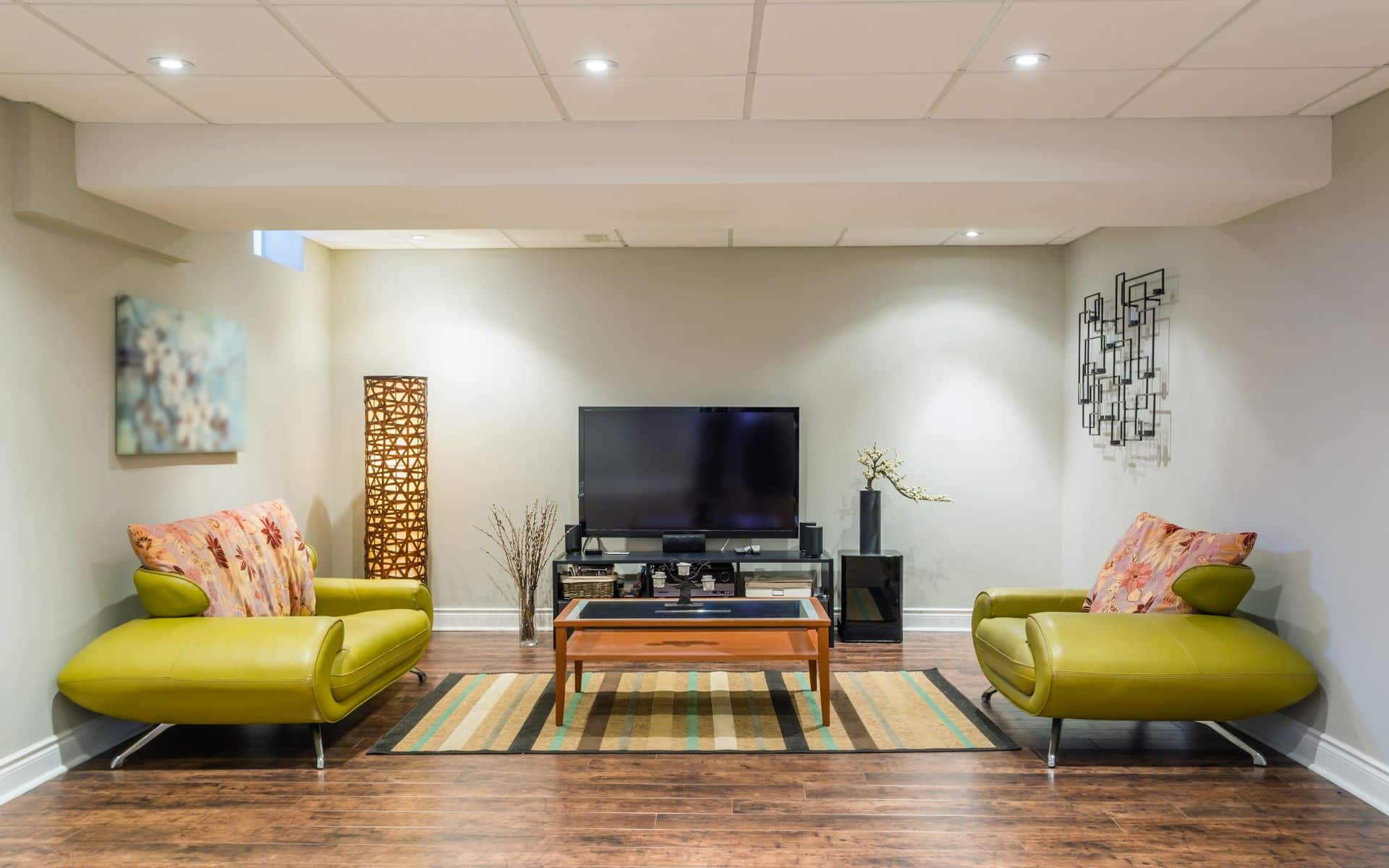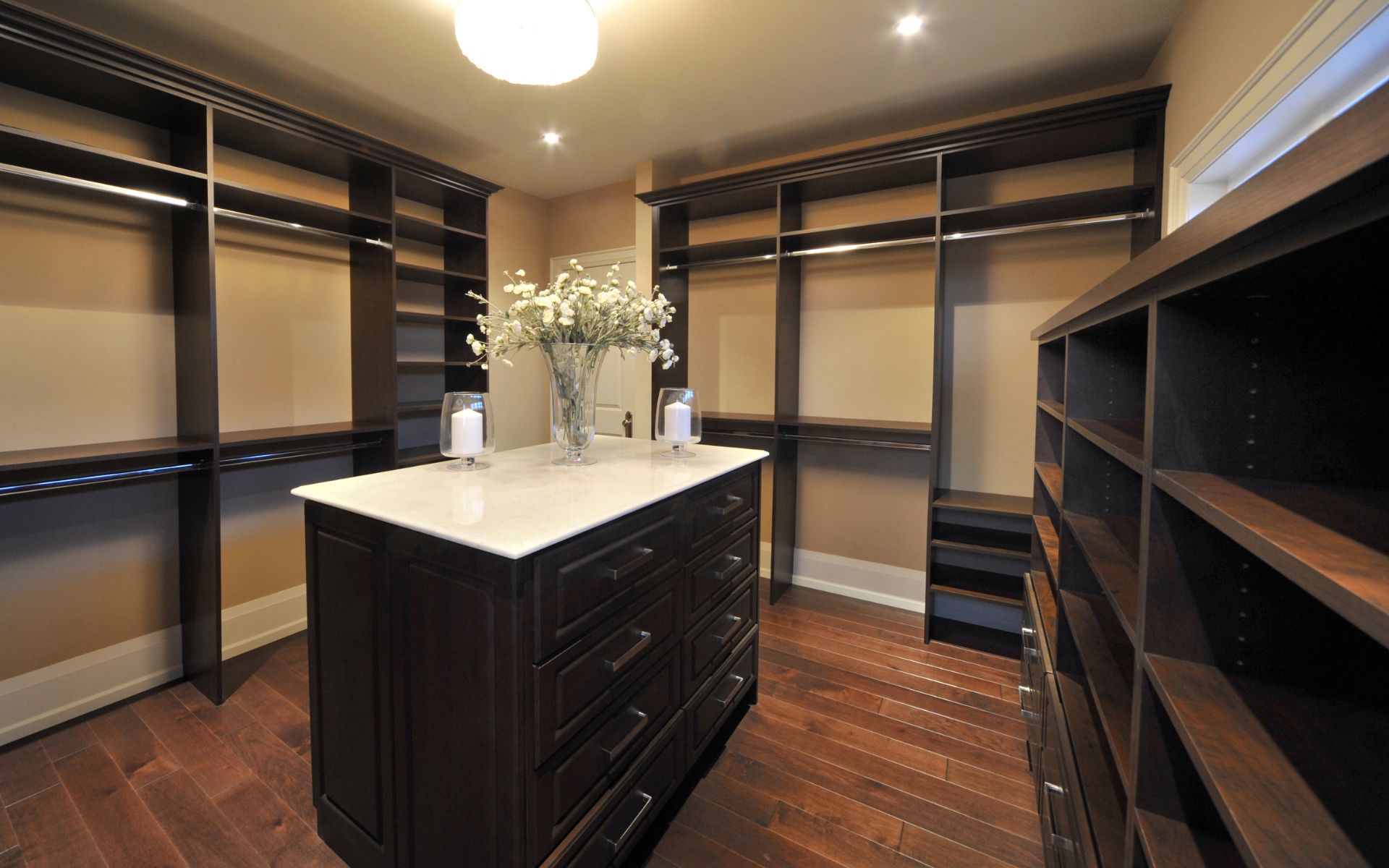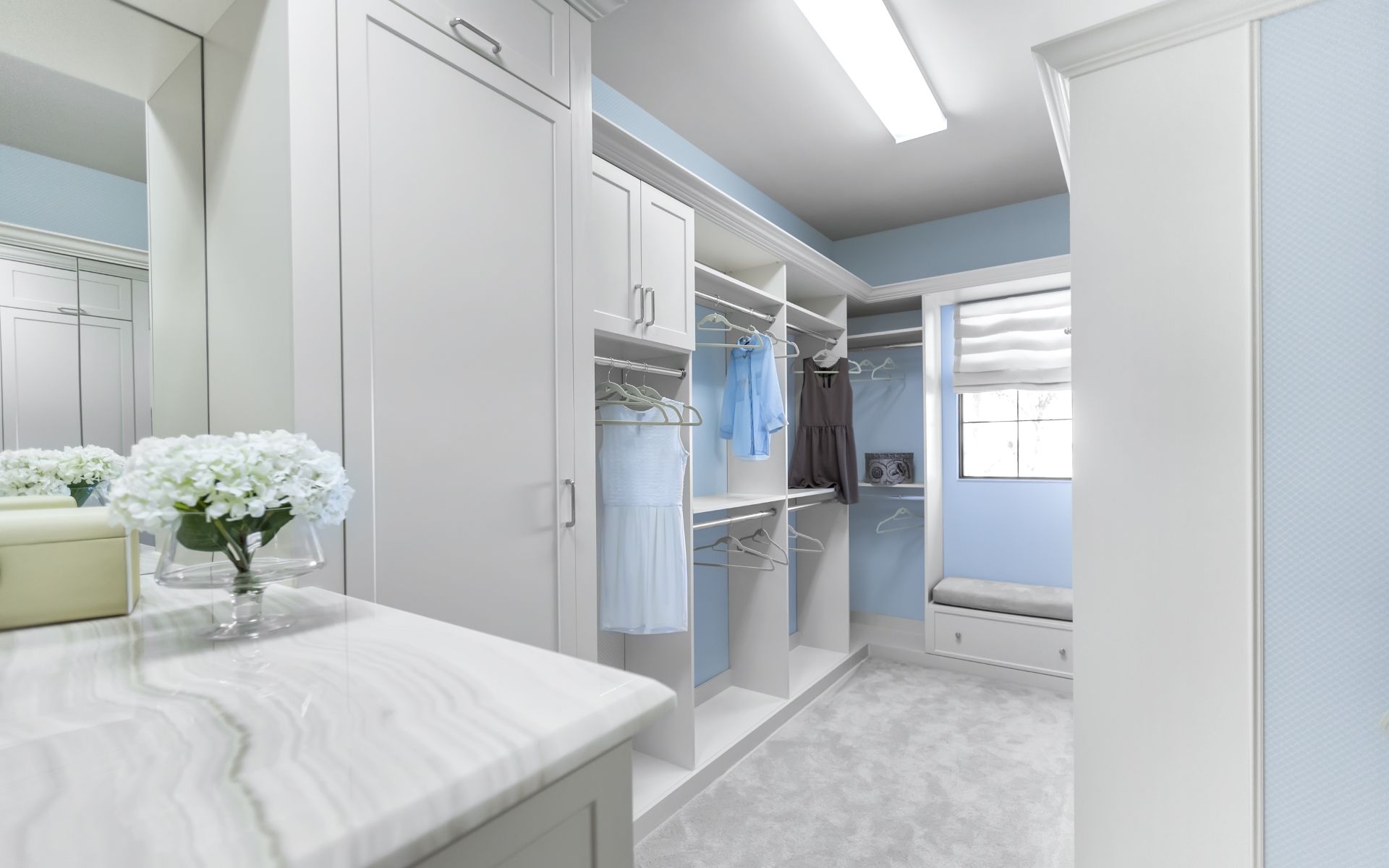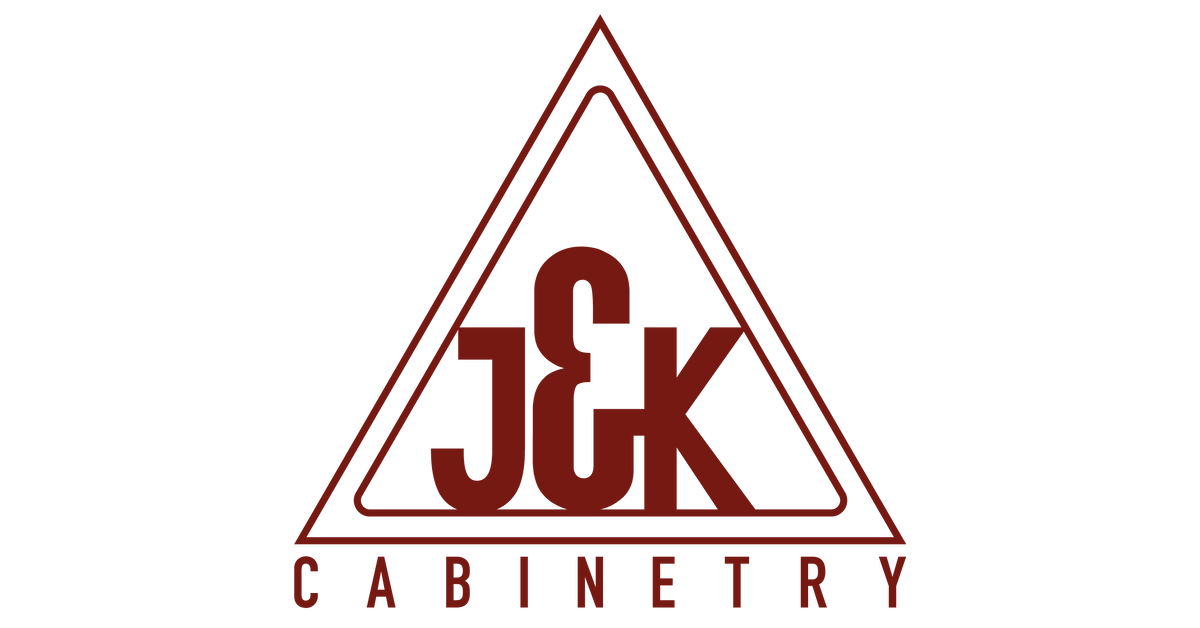Starting a bathroom renovation project can be exciting, but the regulatory aspects need to be taken into consideration in addition to visions of new tiles and sleek fittings. Understanding and obtaining the required permits for bathroom renovations is an essential step to ensuring a smooth and legal remodeling process in Falls Church, VA.
Starting a bathroom renovation project can be exciting, but the regulatory aspects need to be taken into consideration in addition to visions of new tiles and sleek fittings. Understanding and obtaining the required permits for bathroom renovations is an essential step to ensuring a smooth and legal remodeling process in Falls Church, VA.
Why Permits Matter
The permit may look like a bureaucratic barrier, but it has a critical role in safeguarding your home’s integrity and safety. Falls Church is one of many jurisdictions that require permits to carry out home improvement projects, including bathroom renovations. The permit procedure ensures that the work complies with local building codes, zoning regulations, and safety standards.
Understanding Falls Church Permit Requirements
Make sure you know the Falls Church permitting requirements before diving into your bathroom renovation. In general, permits for structural modifications, plumbing, and electrical work are required in the City of Falls Church. To determine the specific permits that are required for your project, you must contact the City Department of Building and Development.
Securing the Right Permits
1. Building Permit
Structural modifications, such as the removal and addition of walls, changes to layout, or enlargements in the size of bathrooms, are generally subject to a building permit. Applications, including detailed plans and specifications, should be submitted to the Department of Building and Development.
2. Plumbing Permit
A plumbing permit is required where a bathroom renovation involves waterworks such as the installation or relocation of fittings. Along with your permit application, provide detailed plumbing plans and specifications.
3. Electrical Permit
An electrical authorization is mandatory in the case of any electrical work, such as the installation of new lighting, outlets, or electric devices. Ensure that your plans comply with the National Electrical Code (NEC) and submit them with your application.
4. Zoning Approval
The planning regulations may restrict some aspects of your restoration, like the size or height of a building. Verify that your project is in line with land use rules by contacting the Department of Planning and Zoning.
The Application Process
1. Gather the necessary documentation
Detailed plans, specifications, and any other supporting documents required for each permit application shall be collected.
2. Submit Applications
To submit applications for permits, please visit the Department of Building and Development. Your staff will guide you through this process and answer any questions that may arise.
3. Wait for approval
The time it takes to approve permits varies, but patience is of the essence. Once the work is approved, you will be able to start working on your bathroom renovation project with the assurance that it complies with local regulations.
4. The importance of compliance
While obtaining a permit can seem like an added complexity, it is important to keep in mind that compliance isn’t only about following the rules but also about the safety and sustainability of your home. In Falls Church, Virginia, as in many municipalities, permits are used to verify that construction work complies with established standards. This will not only protect homeowners but also contribute to the overall safety and beauty of a community.
Common bathroom remodeling projects requiring permits
1. Structural Changes
A building permit is required when a renovation project involves modifications to the structure of your bathroom, for example, by removing or adding walls. This ensures that such changes are consistent with the local building code.
2. Plumbing and Fixtures
A plumbing permit is required to move or install water fittings such as sinks, showers, and toilets. This makes sure that the change does not affect your house’s plumbing system or pose a risk.
3. Electrical Work
Electrical permits are required for the introduction of new lighting systems, outlets, or other electronic devices. This is essential for the prevention of electrical hazards, and it ensures that these changes comply with safety codes.
4. Accessibility Modifications
A permit may be necessary to ensure that accessibility standards are met when a bathroom remodel includes modifications to make it easier, e.g., the installation of grab bars or wider doors.
Navigating the Permit Application Process
1. Consultation
Talk to the Department of Building and Development about scheduling a consultation before you dive into the permit application process. This will allow you to talk about your project, make suggestions, and gain a good understanding of the requirements.
2. Detailed Plans
The foundation of your application for a permit is an accurate and detailed plan. Complete blueprints, specifications, and any other relevant documents detailing exactly the scope of your bathroom renovation should be included.
3. Timing and Fees
The processing time of permit applications and associated fees should be kept in mind. You’ll be able to keep up the pace while avoiding delays if you plan and understand the financial aspects.
4. Inspections
Inspections are typically required at critical phases of a project once the work has started. In addition, the inspection of plumbing, electricity, and general building compliance may be carried out.
The Benefits of Compliance
1. Peace of mind
The fact that your bathroom renovation is compliant with local regulations gives you peace of mind. You’ll be able to take advantage of your newly refurbished space without worrying about possible legal problems.
2. Home Value
The permitted renovations could substantially affect your home’s value. Potential buyers often value the reassurance that repairs were made legally and conform to safety standards when they are ready for sale.
3. Community Standards
Maintaining the aesthetics and architectural integrity of a community is an important contribution to achieving total conformity with local standards. It is a cooperative effort that benefits all of us.
Unveiling the Permit Puzzle: Making Sense of the Process
1. The Dance of Documents
The process of applying for a permit can be compared to a carefully choreographed dance where each step is decisive. Gathering the necessary documents is akin to learning the dance routine—careful and detailed. Architectural plans, plumbing designs, electrical schematics, and any other details relevant to your bathroom renovation can be included in these documents. The time required to prepare these documents will guarantee a smooth application process.
2. Interactive Planning with City Departments
During the planning phase, you should feel free to consult with the town’s building department and other relevant departments. These professionals will help you understand the complexity of this permit process. The discussion of your suggestions and proposals to make changes that may help save you a lot of time and energy in the long term can provide invaluable insight.
3. Zoning Regulations: The Unsung Heroes
In the background, zoning rules are often overlooked, although they play an important role in determining the overall appearance of a renovation. These regulations will cover aspects like setbacks, height, and land use. By consulting the Ministry of Planning and Development early in the planning phase, you should ensure that your project is compatible with these regulations. During the latter stages of your renovations, this active approach could prevent any possible setbacks.
From Submission to Approval: The Permit Marathon
1. Patience Pays Off
It’s time to start playing the waiting game once you submit your application for a permit. There may be an adjustment in the time needed to obtain permission, and patience is required. However, planning and coordinating the installation phase of your bathrooms is appropriate during this period of waiting. Efficient use of this time allows you to get started as soon as the permits are in hand.
2. Flexibility in Action
Prepare yourself for possible modifications or changes to your plan during the permit review process. In order to ensure compatibility with municipal regulations, city officials are allowed to apply for modifications. In addition to enhancing the overall safety and quality of your renovation, embrace these changes.
Building the Dream: Executing Your Remodel
1. Inspections: A Necessary Checkpoint
Periodic inspections are part of this process when you’re undergoing your bathroom renovation. These checks are a check on the compatibility of work with approved plans as well as compliance with safety standards. In order to confirm the quality of your construction, take advantage of these inspections.
2. Navigating Changes: The Change Order Dance
Unexpected changes can occur during the renovation process. Such modifications may require additional permits, whether due to unforeseeable events or as requested by the homeowners. Get into what’s known as the change order, where clear communication with city departments is crucial. Understanding the process of obtaining additional permits ensures that your changes are documented and compliant.
The Home Stretch: Completion and Beyond
1. Final Inspections: Sealing the Deal
Final inspections are the last step in the permit process as your bathroom renovation approaches completion. These inspections verify that all work is carried out according to approved plans and complies with safety regulations. To make full use of the renovated bathroom, it’s necessary to pass these inspections successfully.
2. Permit Closure: Crossing the Finish Line
It’s time to officially close your permits once all inspections have been completed and the city is satisfied with the completion of your renovation. This final step is a sign of the end of the permitting process and the beginning of a new chapter for your home.
Conclusion: A Well-Earned Victory
Navigating permits for bathroom remodeling Falls Church, VA, is undoubtedly a multi-step process, but it ensures the safety, legality, and long-term value of your home. Each step contributes to a proper and satisfactory remodel, from the first planning phase up to the final inspection. Accept that process, become familiar with dance, and experience the bathroom which was remodeled and reinvigorated by Falls Church’s regulations.

